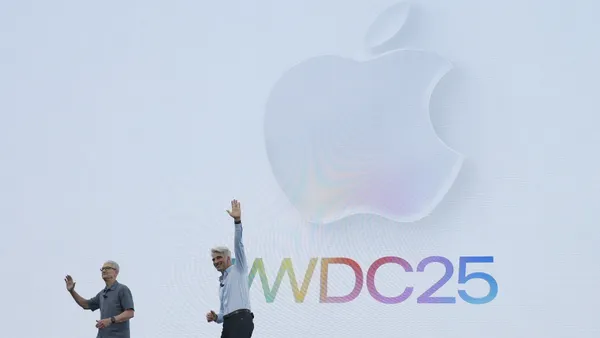Dive Brief:
- The Trump administration’s Federal Communications Commission under the leadership of chairman Ajit Pai outlined an expected proposal to repeal the Obama-era net neutrality rules, as reported by The New York Times.
- The current rules keep high-speed internet services providers (ISPs), such as the major telecoms, from slowing down or even stopping the delivery of websites as well as preventing those companies from charging fees for high-quality streaming or other online services. The ongoing battle over net neutrality has pitted telecoms including AT&T and Verizon against some of the largest digital tech firms such as Google, Facebook and Amazon.
- According to Pai, the proposal would stop the federal government from micromanaging the internet and would just require ISPs to be transparent about practices to allow consumers to choose plans that fit their needs.
Dive Insight:
It seems increasingly likely that net neutrality will be repealed, a development that is likely to impact of consumers' experiences online and therefore marketers' ability to message consumers where they are spending a significant amount of time engaging with content.
Opponents of repealing net neutrality have pointed out flaws in Pai's defense of the move. Net neutrality supporters argue that, in many places, one single telecom has an effective monopoly on broadband access to the internet. This means consumers effectively don’t have a choice on how they connect to the internet and would be stuck with whatever restrictions their particular telecom decided to implement.
The second argument in favor of retaining net neutrality stems from Pai's suggestion that the Federal Trade Commission should be the policing agency for bad practices from ISPs instead of the FCC, the current oversight body. However, net neutrality supporters point to the fact that the FCC offers guidelines and rules that ISPs have to abide by while the FTC only steps in after consumers have been harmed. By repealing net neutrality, this would open the opportunity for telecoms to act against consumer interest first and then face consequences later rather than just being prohibited from bad acts altogether by the FCC rules.
Industry groups and companies will continue to fight to keep net neutrality rules in place, but as a Republican-controlled independent commission, the FCC is likely to follow Pai’s lead and eventually vote for his proposal to end net neutrality.











